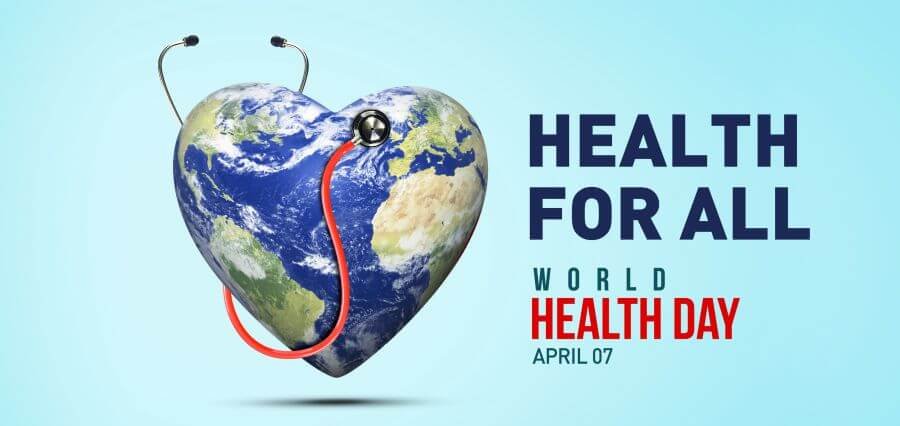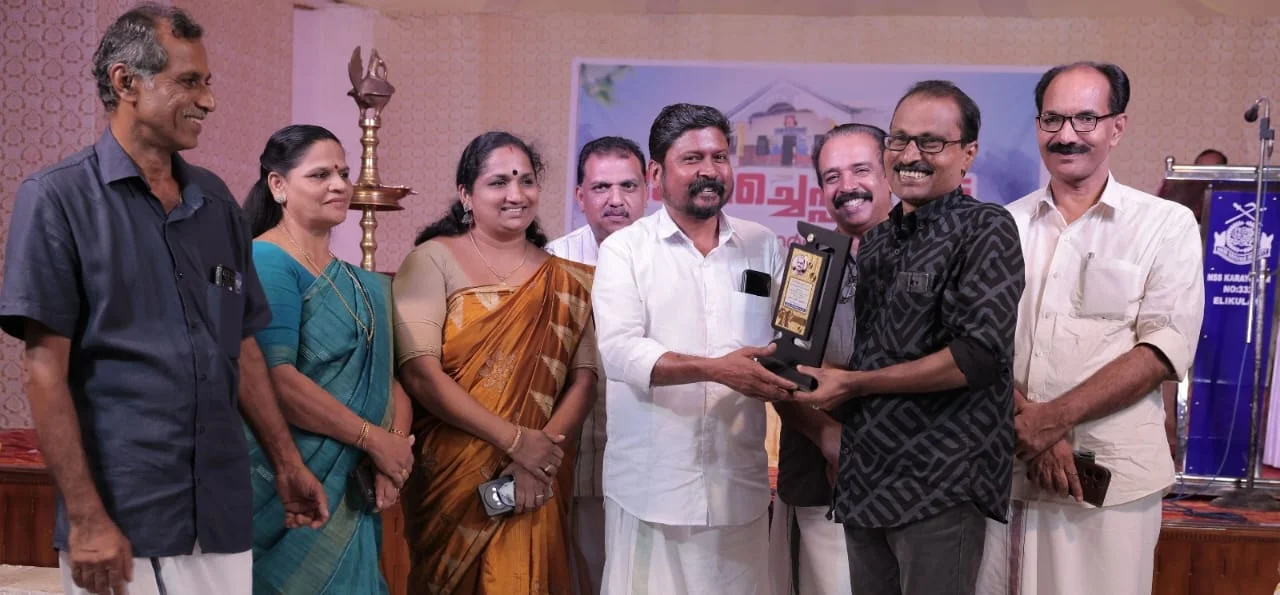My Health, My Right
As the world prepares to celebrate World Health Day on April 7th, the global focus turns to the critical issue of ensuring universal access to quality healthcare. This year’s theme, “My Health, My Right,” emphasizes the fundamental human right to health and the imperative of establishing equitable, affordable, and inclusive healthcare systems worldwide.
Healthcare access remains a pressing concern, with over half of the global population still lacking essential healthcare services, as highlighted by the World Health Organization (WHO). The COVID-19 pandemic has worsened existing disparities, emphasizing the urgent need to strengthen healthcare systems and ensure universal health coverage (UHC) globally.
The theme for World Health Day 2024 serves as a powerful call to action. It reminds us that access to quality healthcare should not be a privilege but a basic human right accessible to all, regardless of their socioeconomic status or geographic location. So, let’s get started to understand the details for healthy living!
Addressing the Global Healthcare Access Gap
The pandemic has revealed vulnerabilities in healthcare systems worldwide, particularly in countries like India, where the rise in non-communicable diseases (NCDs) has strained healthcare infrastructures. Dr. Preeti Chhabria from Mumbai’s Sir HN Reliance Foundation Hospital emphasizes the need for a comprehensive approach that prioritizes preventive care, early detection, and equitable access to quality treatment to address this dual burden effectively.
To mark World Health Day 2024, the Indian government has announced several initiatives aimed at enhancing healthcare access and outcomes. These include expanding existing healthcare schemes, launching awareness campaigns such as “Healthy India,” and increasing investments in the National Health Mission.
Empowering Individuals through Health Literacy and Awareness
In addition to improving healthcare infrastructure, empowering individuals to make informed decisions about their health is crucial. Health literacy plays a pivotal role in universal health coverage, enabling individuals to engage in preventive behaviors, seek timely medical care, and actively participate in their healthcare management.
The Indian government’s proposed nationwide “Health Empowerment” campaign seeks to leverage digital platforms and community-based initiatives to educate the public on various health topics, ensuring that everyone has access to accurate, up-to-date information on disease prevention, treatment, and overall well-being.
Addressing Social Determinants of Health
The theme “My Health, My Right” underscores the importance of addressing social determinants of health, recognizing that factors such as education, housing, employment, and access to clean water and sanitation significantly impact an individual’s well-being.
Dr. Aisha Malik from the WHO emphasizes the need for a holistic approach that extends beyond healthcare services to address these underlying social, economic, and environmental factors. The Indian government plans to collaborate with stakeholders to implement targeted interventions focusing on improving access to quality education, sustainable housing, and essential services like clean water and sanitation.
Fostering Collaboration and Accountability
Achieving the goals outlined in the theme for World Health Day 2024 necessitates collaborative efforts from governments, healthcare providers, civil society organizations, and the private sector. Collaboration and accountability are vital in driving progress towards universal health coverage and realizing health as a fundamental human right.
The WHO’s announcement of a global “Right to Excellence” summit underscores the commitment to fostering collaboration and accountability in global health. This summit will bring together policymakers, healthcare experts, and community leaders to discuss strategies for improving healthcare access and quality on a global scale.
Harnessing Technology for Healthcare Innovation
In the digital age, technology plays a crucial role in transforming healthcare delivery and improving access to services. Telemedicine, mobile health apps, and digital health records have the potential to revolutionize healthcare access, particularly in remote and underserved areas. Governments and organizations are increasingly investing in technological solutions to bridge the healthcare access gap and reach marginalized populations.
Investing in Healthcare Infrastructure and Workforce Development
Building resilient healthcare infrastructure and investing in the training and development of healthcare professionals are essential steps towards achieving universal health coverage. Governments must prioritize infrastructure development, including the construction of hospitals and clinics, as well as the recruitment and retention of skilled healthcare workers. By strengthening healthcare systems and workforce capacity, countries can ensure that everyone has access to quality healthcare services, regardless of their circumstances.
As the world prepares to observe World Health Day 2024, the theme “My Health, My Right” serves as a significant reminder of the urgency to address the global healthcare access gap comprehensively. By empowering individuals, addressing social determinants of health, fostering collaboration and accountability, harnessing technology for healthcare innovation, and investing in healthcare infrastructure and workforce development, we can work towards creating a healthier, more equitable future for all.





